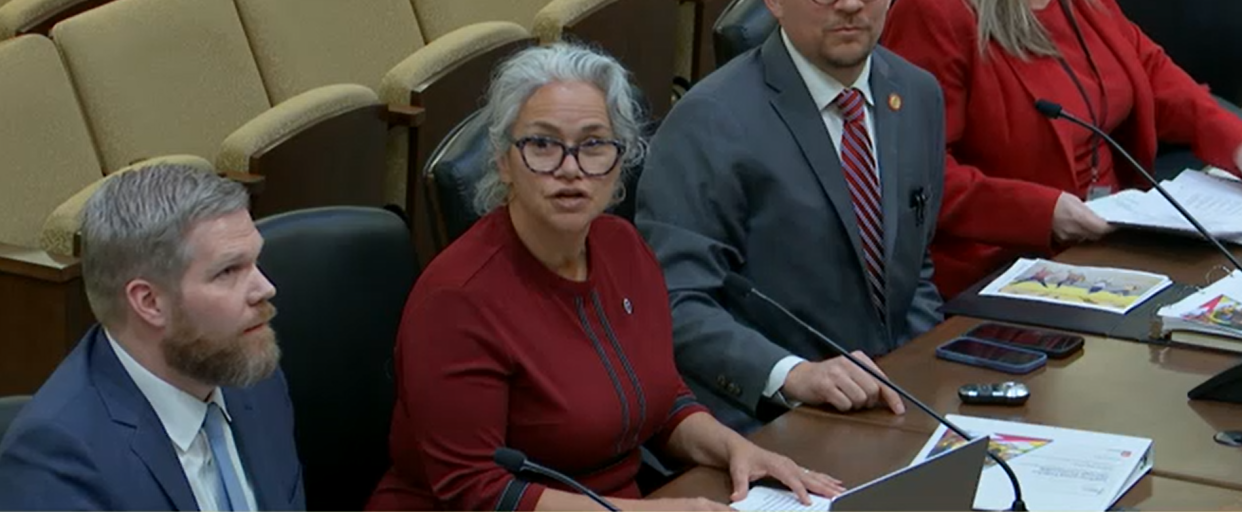Tennessee is making a mistake by doubling down on student retention based on test scores
After being a hot topic during last spring’s legislative session, the issue of grade retention for elementary students is back in the news.
Recently, the Tennessee State Board of Education took the rare step of passing a resolution that urged the state to revise current state law in order to mandate that decisions about whether to hold back early elementary students be based solely on test scores.
This new push for test-based retention threatens to repeat the mistakes of the state’s current retention law.
Last winter, stakeholders began sounding the alarm about the dire potential consequences of the state’s new third-grade retention law, which threatened to affect nearly two-thirds of the state’s third-graders.
That law mandated that students be retained based not on the expertise of a child’s teachers and parents, but instead on the results of a single standardized literacy test. Following school board resolutions and protests against the measure across the state, the General Assembly passed a revised law that softened the retention mandate to allow student performance on additional tests to be used for grade promotion. This was an imperfect solution for many of the law’s opponents, as it still left the important decision of whether to hold back an 8-year-old up to the results of standardized tests.
Early childhood education is essential for helping kids
Instead of addressing the underlying problems with the law, the Tennessee State Board of Education is doubling down on test-based retention as a solution.

Their resolution asks the Governor and General Assembly to revise the current policy by changing the requirement for test-based retention from third- and fourth-grade students down to kindergarten through third-grade students.
This action both misunderstands the pleas of teachers and parents who opposed the third-grade law and ignores research on the ineffectiveness of test-based retention.
It is true that proponents of the third-grade retention law ague, as Education Commissioner Lizzette Reynolds has said, “Third grade is too late.”
Many opposed to the third-grade retention measure spoke about the importance of early childhood education and the need for the state to fully fund such efforts. These appeals—focused on proactive interventions like decreasing class sizes and staffing classrooms with more highly qualified educators—are a far cry from the board’s punitive focus on retention. What parents and teachers have been calling for are supports to help all students succeed, not penalties for students who are struggling.
The focus should be tutoring, not holding students back
Test-based retention is also not a research-based instructional approach. Studies have repeatedly found the effects of retention on academic achievement are minimal, with initial gains fading quickly.

While research suggests retention doesn’t improve academic achievement, it does negatively affect other outcomes. Students who are retained, for instance, are at an increased risk of high-school drop-out and contact with the criminal punishment system.
And while one might think retention would be more effective for younger students, research on kindergarten retention suggests the opposite. One recent national study found that retained children learned less in the retention year than comparable children who were promoted.

Rather than relying on test-based retention, Tennessee should focus its resources on programs that are already helping students learn, like tutoring and professional support for teachers. Let teachers and parents, not standardized tests, guide academic decision-making for individual students.
Laura Taylor is an associate professor of educational studies and Laura Kelly is an assistant professor of educational studies at Rhodes College.
This article originally appeared on Nashville Tennessean: Third-grade retention: Doubling down on test-score criteria is wrong
